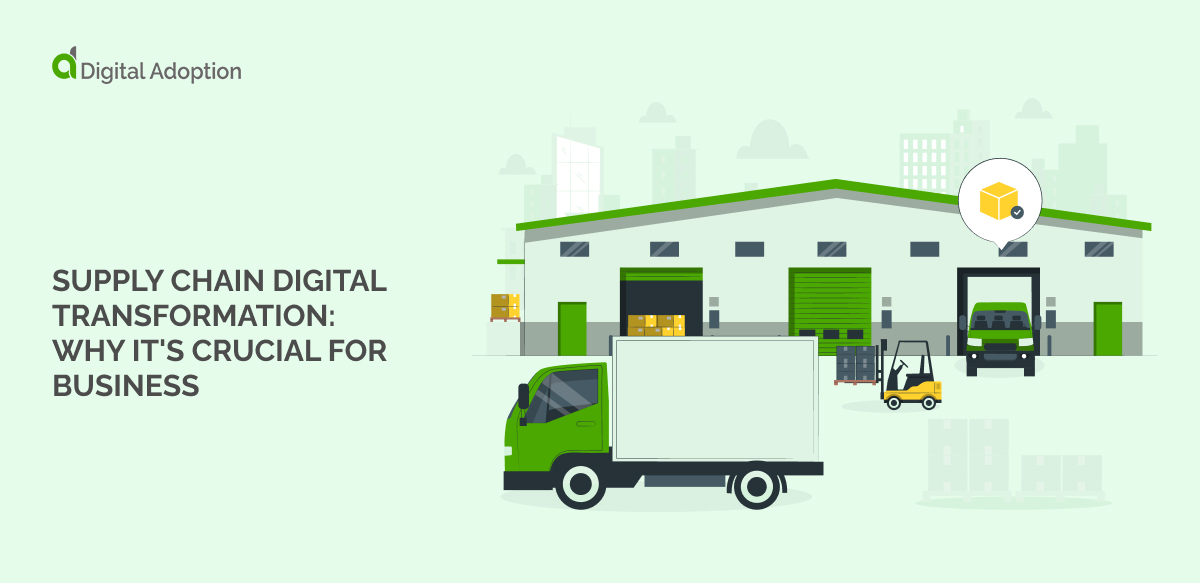Certain mundane and repetitive tasks ought to be left exclusively to machines and computers. A good example is data entry.
Automating these tasks helps eliminate human errors and goes a long way in helping an organization improve its efficiency.
This is where workflow automation comes into play.
Simply put, workflow automation refers to the process of employing computer logic in automating and streamlining business operations.
In another context, workflow automation means delegating tasks that humans would otherwise have done to machines and computers.
Workflow automation has numerous benefits. They include improved productivity and efficiency, reduced bottlenecks in business operations, better data security, and lots more.
In this post, we will be looking at how workflow automation works in greater detail. Also, we will be reviewing some of the best workflow automation software available on the market.
- What is workflow automation software?
- How does workflow automation work?
- What are the benefits of workflow automation software
- Workflow automation examples
- Workflow automation for SMB vs Enterprise
- Workflow automation software vs process automation software
- What are the best workflow tools and software?
- Conclusion
What is workflow automation software?
Workflow automation software is a computer program used to automate business workflows. These software lessen the need for human involvement in workflow processes, hence saving businesses a lot of money in labor costs.
There are a number of them on the market, and we will be reviewing them very shortly.
How does workflow automation work?
Workflow automation works by following a set of logical interconnected steps. Each preceding step is performed based on the previously served action. Think of it as an if/else statement in programming.
A good example of workflow automation is an email drip campaign.
What are the benefits of workflow automation software
Automating your business workflow by using computer software has numerous benefits. Here are some of them.
1. Better work efficiency
When an organization automates mundane, mind-numbing tasks, work efficiency is bound to increase. This certainly explains why 80% of business leaders quickly integrate automation into their business operations.
2. Reduced human errors
When humans are performing repetitive tasks, mistakes are bound to happen. Automating these tasks helps to reduce, if not eliminate, errors. In turn, this will help to boost operational efficiency.
3. Better employee performance
When employees are allowed to focus on tasks that improve business outcomes and not waste away on mind-numbing tasks, they will naturally become more motivated.
And you know, motivated employees naturally perform better at their jobs.
4. Faster task completion
Automating business operations and processes means faster completion times. This affords organizations the time to take on and complete more tasks efficiently.
In turn, this would amount to more sales, customers, and bigger revenue.
5. Lower operational costs
Labor costs can eat into your profit margins considerably. As such, automating your business process will help reduce the cost of labor and boost your profits.
Workflow automation examples
Workflow automation can be applied in every aspect of a business operation. Here are some typical examples:
1. Social media posting
Many small businesses use social media to drive traffic and generate sales by regularly posting updates on their handles. This task can be automated by using software such as Hootsuite and Buffer.
2. Email marketing
Email marketing software such as Klaviyo allows businesses to automate their email marketing efforts by setting up workflows.
3. Moving leads through a sales funnel
Moving potential customers from the awareness to the final conversion stage through a sales funnel can be arduous. It will require sending a ton of back-and-forth emails. Thankfully, this task can be automated without any hassles.
4. Customer support
We can’t overemphasize the importance of addressing your customers’ concerns and questions promptly. This task, too, can be automated.
Workflow automation for SMB vs Enterprise
Does workflow automation software for small and medium businesses (SMB) work in the same way as for Enterprise businesses? Not exactly. Here are some of the key differences:
1. Capacity
Workflow automation software for SMB only can automate tasks and business operations at a smaller scale.
For example, this software is better suited for managing email drip campaigns, data entry, etc.
Enterprise automation software, on the other hand, can handle more. They can build complex workflows from start to finish.
2. Pricing
SMB automation software tends to be more affordable, apparently due to its limited capacity. Enterprise applications are pricier.
3. Technical support
SMB automation solutions are usually much easier to use and require little to no help from the vendor.
But that’s not the case for Enterprise applications that require lots of IT involvement.
Workflow automation software vs process automation software
Is workflow automation the same as process automation, and can the same software be used for the two processes? The long and short answer is no.
Workflow automation concerns itself with automating the granular tasks that make up a process. For example, managing email drip campaigns is a task that makes up the entire marketing process.
Process automation, intuitively, is a term used to refer to the concept of automating an entire business process.
In another sense, Workflow automation borders itself on micro-level tasks, whereas it is macro-level tasks for Process automation.
Kissflow, for instance, is an example of process automation software. Klaviyo is used for workflow automation.
What are the best workflow tools and software?
Here are some of the best workflow tools and software available on the market:
1. Walkme
Walkme makes it possible for you to automate complicated, tiring, and repetitive tasks with a few clicks of the button.
This allows for better productivity, increased user confidence, and engagement.
2. Hubspot
Hubspot is another digital solution that allows businesses to automate their business workflow without having to break the bank.
3. Klaviyo
For businesses that drive sales via email marketing and want to automate their workflow, Klaviyo is the best workflow tool to use.
Conclusion
Automating your business workflow has many benefits, most of which we have highlighted in the post. The best part is that it doesn’t cost so much, and requires little technical know-how, thanks to the numerous automation software available on the market.













